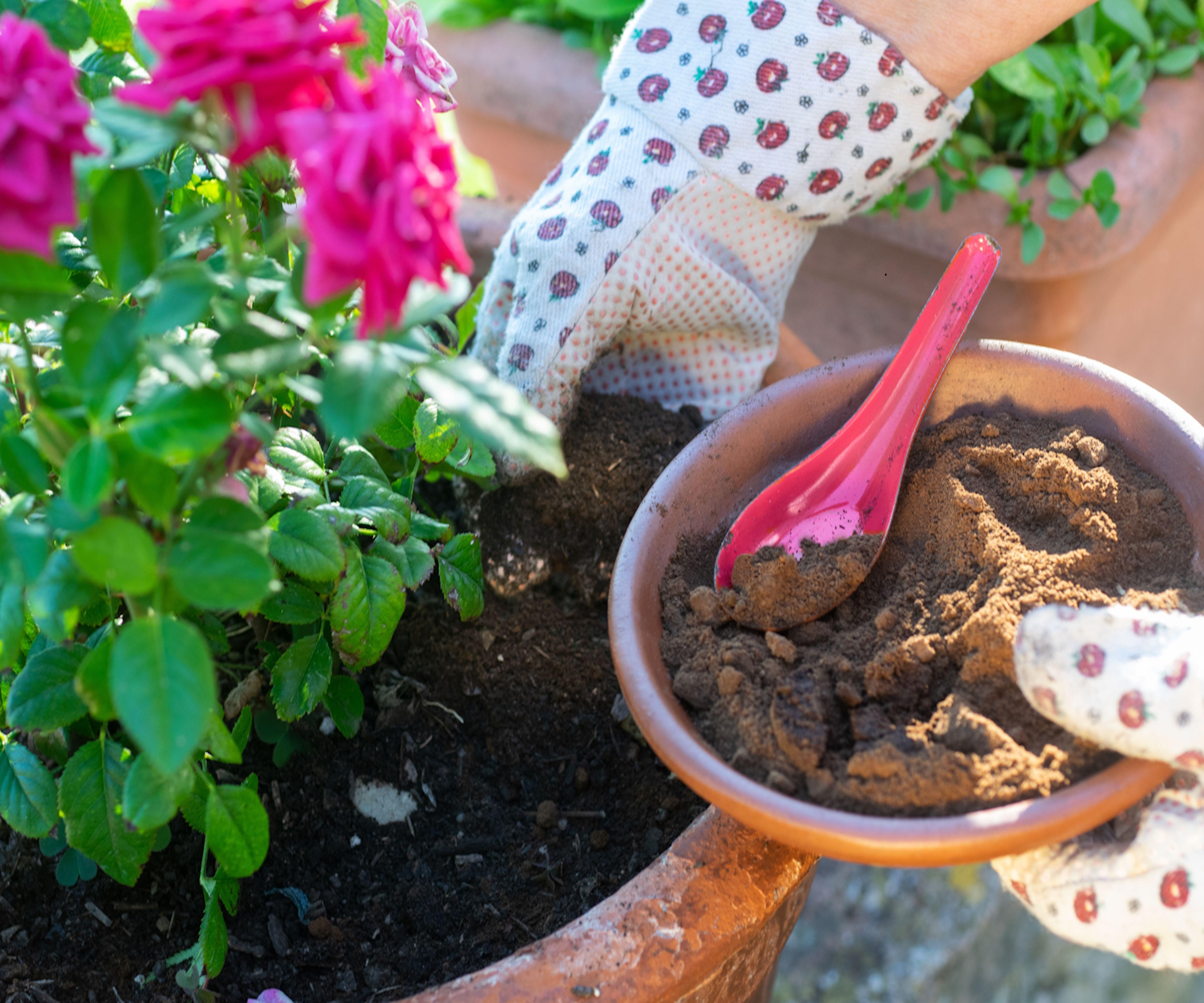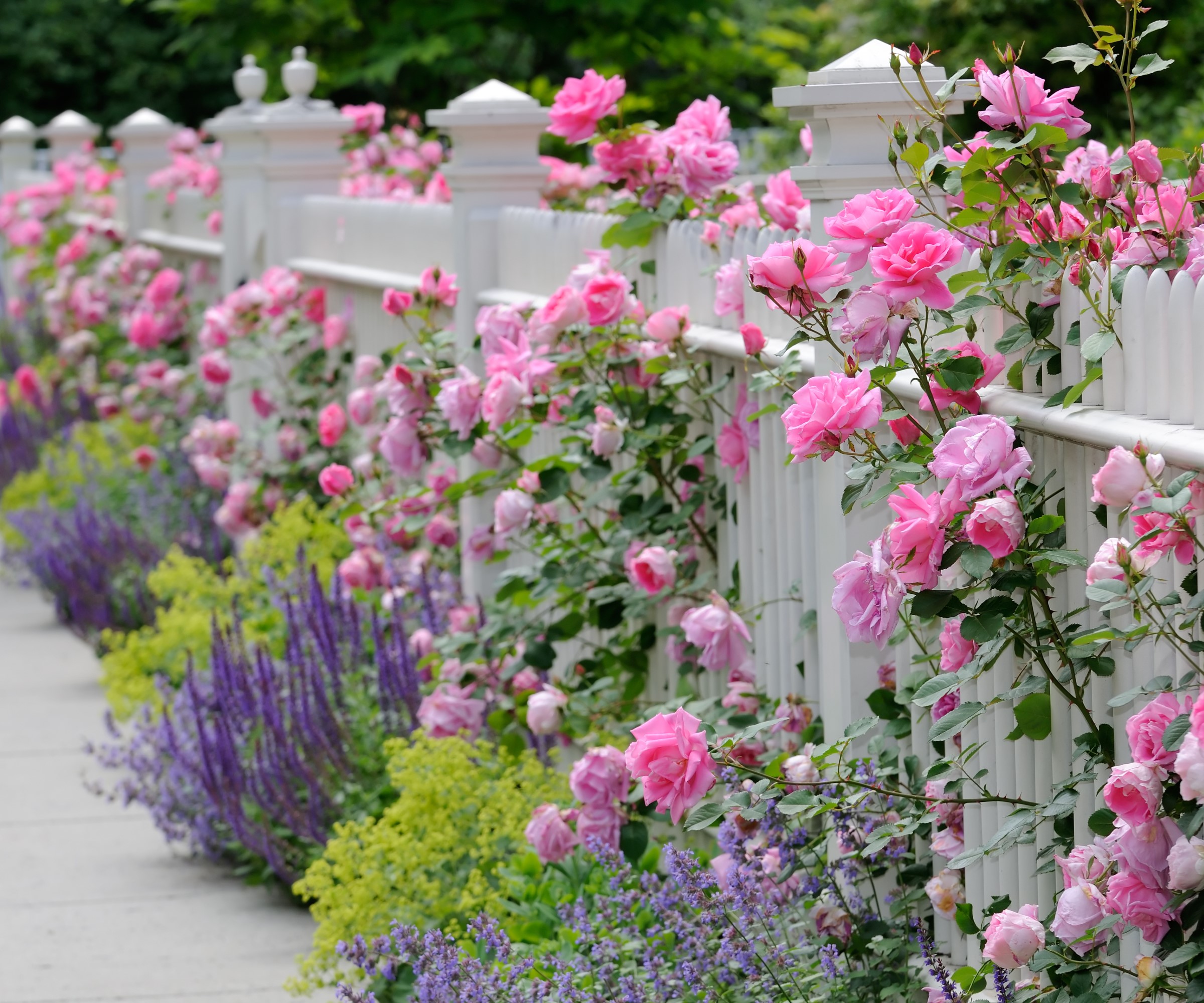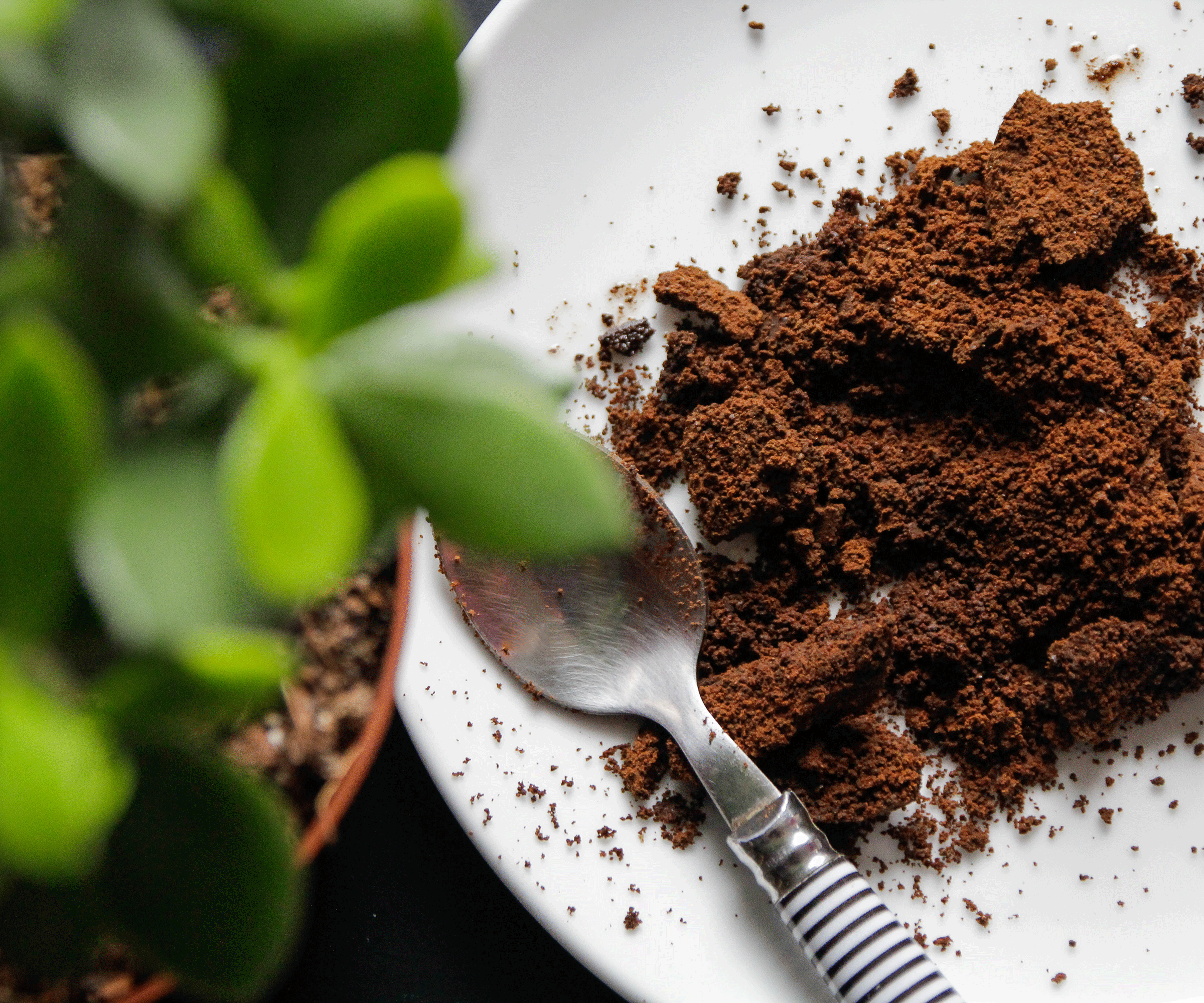Being surrounded by the glorious sight and scent of garden roses is a moment to treasure, and one I eagerly anticipate each year. But there is a secret to healthy plants and abundant blooms – and that lies with spent coffee grounds.
Adding these – let’s face it – rather too often available leftovers to the soil can provide certain plants with a real natural boost, improve the soil, and help to repel pests and viruses, too. So using coffee grounds for plants can be much more beneficial than simply pouring them down the drain or scraping them into the trash.
The trick is to know how and where to add them, and which plants are coffee lovers and which are not. As I’ve learned over the years – to my cost – there’s simply no persuading certain blooms and shrubs to convert to the bean, but roses do seem to be converts. Here we delve into the thought behind why this may be, and how you make the most of your coffee grounds as part of your rose care and growing.
Why use leftover coffee grounds under roses?

((Image credit: Alamy/ Federico Magonio))
Ever wondered why so many coffee shops bag up their used grounds and give them away tagged ‘for the garden’? Well – that’s exactly what caught my attention and encouraged me to look further.
In most cases, adding coffee grounds to soil is a good idea. Sprinkling the spent coffee around the base of my rose plants in spring seems to make the plant and foliage perkier than usual – maybe no surprise there – but surely there’s a scientific reason for it.
It’s well known that roses are hungry plants. Thriving on a steady stream of nutrients and preferring soil with a pH of 6-6.5, they will reward with glossy foliage and a plethora of magnificent, scented blooms. It also happens that coffee is naturally high in nitrogen, phosphorus, and potassium – all the key things that roses need to grow.
The benefits of using coffee grounds doesn’t stop there either. As they naturally breakdown, the nutrients released also work on harmful viruses and bacteria present within the soil, preventing plant fungal diseases such as Sclerotina, Pythium and Fusarium from spreading. Useful know-how for organic gardeners – or those looking to reduce the use of chemicals within their gardens – for more inspiration, explore our piece on permaculture gardening.
How do you use spent coffee grounds?

((Image credit: Getty/jorgeantonio))
Knowing just how to use leftover coffee grounds to help your roses thrive can save plenty of heartache. Spread too thickly and too frequently they can have detrimental effects, so it’s worth getting it right.
Caffeinated coffee is high in acid and while much of this acidity is lost during the brewing (and the decaffeinating) process, plenty remains in the spent beans, which can burn fresh growth and tender buds if they come into direct contact. Scientific research also shows that too much acidity can prevent the plants from absorbing vital iron and nitrogen.
To combat this – share the love – and empty your coffee grounds in different areas of the garden. If you notice a build-up on the soil, gently fork it in. This is worth considering if you are growing roses in pots, as the last thing you want is a concentration of acid from which your plant can’t escape. If in doubt, add the coffee pot remains to your compost heap instead. This way they will be more diluted and evenly distributed by the time the material is ready to use. We explore more unusual compost ingredients in our dedicated feature.
Gritty and stodgy in texture, leftover coffee grounds are said to help with getting rid of slugs and getting rid of snails. Whether it is the uncomfortable surface they create or the sheer acidity, there is some evidence that creating barriers around the base of vulnerable plants can provide protection. Sadly, these boundaries can also repel water and stop air from circulating causing the plant roots to suffocate, so it’s a good idea to apply grounds sparingly and dig them in as quantities build up.
How often can you add coffee grounds?

((Image credit: Kinga Krzeminska/Getty Images))
Once or twice a month is best for spreading leftover coffee grounds beneath roses. Any more frequently and you can risk increasing the soil’s acidic levels and reducing the plant’s ability to absorb essential nutrients. Do bear in mind that these fine particles will wash into the soil during watering or heavy rainstorms, so it’s well worth keeping a note of where they were last added.
FAQs
Can you use leftover coffee grounds elsewhere in the garden?
Used coffee grounds contain phosphorus, nitrogen, carbon, and potassium – so if you’re looking into how to make compost, they can be a great ingredient to add, as they can help accelerate the breakdown process of the compact heap and contribute to a nutrient-rich mulch or planting mix.
Do avoid adding leftover coffee grounds to wormeries though, as the high acid content can be harmful to the worms.
Are there any plants that dislike spent coffee grains?
Tender seedlings and alkaline loving plants – such as lavender, hydrangea and clematis – can’t handle the high acidic content of coffee – so do avoid these garden favorites, or risk causing irreparable damage.
We also explore in our dedicated feature, do gardenias like coffee grounds.
You may also like to know how to test the pH of your soil or other ways to make soil more acidic.
News Related-
Antoine Dupont still hurt by 'injustice' of World Cup loss to Springboks
-
China's New Aircraft Carrier Begins Catapult Testing
-
Aircraft Downed Inside Russia By Patriot System: Ukrainian Air Force
-
“Am I Prog’s Taylor Swift? That’s a debate that could run and run”: why Peter Hammill re-recorded his Enigma-era albums
-
Car With Pro-Russian Fighters Blown Up by Resistance: Exiled Mayor
-
Europe and African nations must find effective common ground in dealing with migration influx
-
Springbok lock opts not to renew contract with URC team
-
Pravin Gordhan’s deathly legacy: A threat to SA’s economic future
-
Antoine Dupont STILL hurt by ‘injustice’ of Rugby World Cup loss to Springboks
-
Rubber stamping NHI Bill will have damaging consequences for SA for generations
-
Inside horrific conditions Hamas hostages suffered including losing 15lbs in 50 days
-
After the Bell: SA’s NHI healthcare disaster starts right here
-
Gupta-linked development land for sale
-
Gary Neville begrudgingly claims brilliant Man Utd midfielder ‘looked like a Man City player’ in Everton mauling
